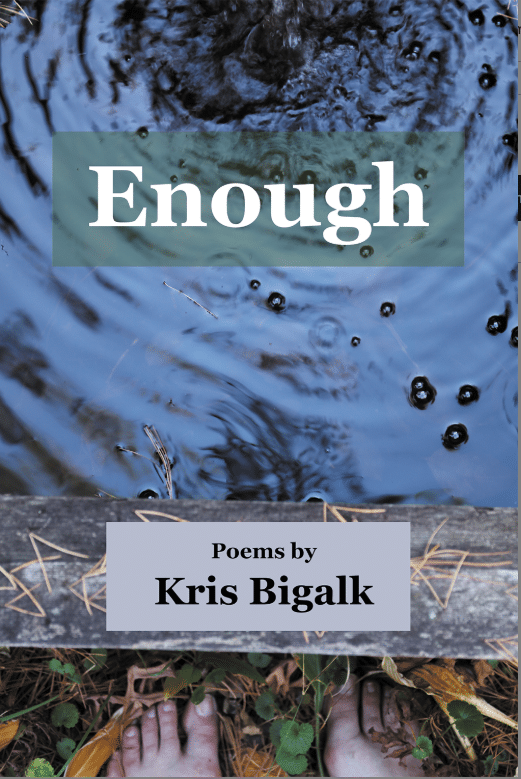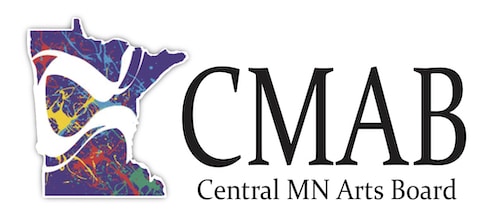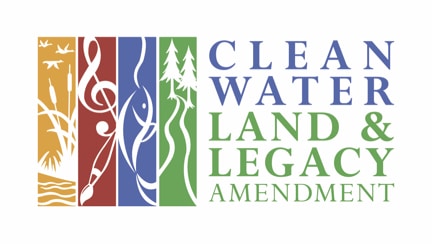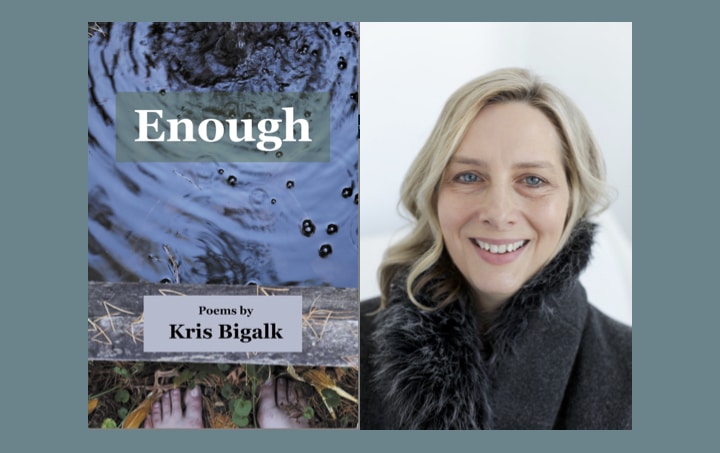I’ve just finished reading Kris Bigalk’s (pronounced BEE-yahk) second full-length collection, Enough. My hands love the sensation of holding this deliciously smooth, light book. The cover image—bare toes approaching water—infers that this is a volume you might want to dip into.
The back cover says “Enough traces the interplay between the experience of codependency and the myths of Echo and Narcissus,” and calls these poems, “Lyrical, raw, and honest…”
I agree. These poems are skillfully musical and open-hearted. I would also call them clear, like a crystal stream. While they offer much to experience, reflect on, and ponder, they aren’t likely to seem too mystifying or confounding for people who are unpracticed in reading poetry. If you aren’t well acquainted with poetry and want to know what the attraction is, Enough offers access, a dock to sit on and dangle your legs. If you already know poetry–especially if you appreciate lyrical, honest, tight writing—then you’ll want to dive in to this “just right” volume.
Enough is one of five finalist books chosen by Paige Riehl for Lyricality’s “Read Poetry Central Minnesota 2020” program. Lyricality aim to introduce Minnesota poets to new audiences, and to encourage book groups to consider poetry collections as an option for their discussions. All of these finalist books provide a bridge for novice poetry readers to become enthusiasts. This collection will be especially moving for those who have struggled to come to terms with the disintegration of an important love relationship.
Codependency and mythic archetypes are concepts therapists and self-help books might introduce, to help us become more consciously aware of our hidden motivations and choices. But that can turn into a lot of “head” work. Often, when we’re trying to explore the depths of our hidden self, what we really need is a different kind of process—a way to access the secrets of the heart and the body. Poetry can offer a way into the inner life.
Good poems are art, and art has a subtle, seemingly mysterious power to move us. Many people find that art can facilitate a subconscious or body-centered (somatic) response to our experiences.
Maybe poetry gets in because it isn’t trying to get us to “get” it. Poets generally are not working to make a point. They’re simply bringing themselves and their experience to the process of making art. When artists are “raw and honest,” their art can dismantle our defenses and unmask our vulnerabilities, awakening us to our deeper selves. A poem can be like a brewing pot of coffee. Coffee isn’t on a mission to seep under the closed door and tantalize you with its aroma, but tantalization happens, because that’s what delicious aromas do.
On Chris Rice Cooper’s blog, Kris Bigalk says this about her artistic process: “I don’t approach the creation of art with the idea of what I want a reader to learn, feel, or think. If they feel some kind of connection with the poem, that’s a wonderful gift…”
I experienced meaningful connections with these poems, and I predict many readers will also. With the multiplicity of meanings for the word Enough, this book will launch interesting discussions for book groups who want to explore the pleasures and pain of intimate relationships. To help facilitate discussion, here are 7 different topics you might explore:
7 States of Intimate Relationship to Explore in Kris Bigalk’s Enough
1) Explore Desire in Enough:
Have you ever felt you can’t get Enough of something or someone? A number of Kris Bigalk’s poems explore the complexities of desire. “Ravenous” is one:
and we stay pressed into each other like the stone
knits to the peach, grasping every indentation
Peruse this volume and look for poems that show how desire effects, influences, and even controls our experiences and/or our relationship. Consider the images she uses to show sexual desire as a kind of hunger. Ask yourself what Kris Bigalk does in her poems to illuminate the many facets of desire.
2) Explore Satisfaction in Enough:
Goldilocks’s version of Enough means something feels just right.
Some of Kris Bigalk’s poems reveal the comfort of satisfaction, for example, in “Walking With You on Branville Island,” we read:
How good it felt to put my cold hand in your back pocket,
have it feel so warm, so perfectly in place.
Others, “Cognac,” for example, show the discomfort of dissatisfaction:
… my mouth salted,
aching for the taste of your mouth,
but when I kiss your lips,
you turn your head into the pillow.
Share a poem that connects to a particular feeling of satisfaction or dissatisfaction you’ve had in a relationship. Read it aloud. Talk about it–if you want to. Or simply let the poem speak for you.
3) Explore Attachment in Enough:
Consider what happens when people are too little or too much attached to someone, or to themselves. What might this poet’s reimagining of the Greek myth of Narcissus and Echo be saying about codependency in relationships? (In case you aren’t familiar with the Narcissus & Echo myth, here’s a quick re-telling from History Today).
Consider the poems “Narcissus in Winter” and “Echo’s Valentine.” You might discuss why there are three different poems, one in section 2 and two in section 4, with the same name: “My Narcissus.”
4) Explore Detachment in Enough:
There comes a time when a person has had Enough. Look for poems that consider what happens, when a person has had “enough” of something or someone. The poem “After Eden” explores shows multiple images of detachment, concluding with the evocative line, “fallen, these angels.”
5) Explore Transformation in Enough:
When we enter intimate relationships, those relationships are bound to change our lives in big and small ways. “Before We Met” is a good place to start thinking about this topic. The title poem “Enough” shows us that the changing states of an intimate relationship can alter even what it means. Even the word “enough” changes as the relationship evolves or dissolves. While reading, you might also consider whether any of these poems reveal how you were changed by an intimate relationship.
6) Explore Healing in Enough:
If poetry merely wallowed in human pain, there would be no good reason to write or read it. Most poets work to shine the light of truth into human experience–the hard and ugly as well as the sweet. They also write to work through an experience or encounter by letting it work through them. A byproduct of the work of poets, is that the poem sometimes discloses an underlying strength or courage, facilitating a move toward something better.
Healing cannot mean that we erase time to undo a past hurt. That would be impossible. But if we believe healing can happen, we will want to learn how to accept the past, integrate it into our story, and move away from bitterness toward forgiveness.
Some of the most satisfying poems in this book are presented in the last section, 4. You might read these poems while asking, how, after a wounding relationship, people might make peace with each other and themselves.
7) Explore Insight in Enough:
Poems don’t provide answers. They do better; they raise meaningful questions. Recently I interviewed the poet Mara Faulkner, who talked about the importance of asking real, meaningful questions in order to test our ideas and facilitate transformation. Kris Bigalk’s poem, “Questions are Like Keys,” also seems to be telling us that the key to understanding does not lie in prying answers out of someone else. Insight comes through our own questioning (a form of quest-ing). To question shows a willingness to open ourselves to the transformative experience of, as well as the uncertainty inherent in, exploration. These lines are from “Questions are Like Keys:”
I could search for another key in the junk drawer,
or get a screwdriver and dismantle the hinges,
the lock.
But I walk out the front door, leave it wide open.
I keep walking, feel the wind gust, lift me towards the west,
where the sun, a yellow-orange yolk, paints the fields and trees.
You might read the poems in Enough to explore whether they raise questions that might offer insight into the meaning of a significant relationship you are, or were, in.
In appreciation of Minnesota poets and their poetry
Kris Bigalk recently wrote this about the first time she read her title poem “Enough” in public, in the Twin Cities in 2015:
“Right as I finished, the room broke into loud applause, and I saw the faces of my friends smiling and encouraging me. It really meant a lot to me at a time when I felt quite lonely. I’ll always remember it.”
As I reached the end of this volume, I wanted to break into applause. For its skillful writing, for its lyrical, raw, honest explorations of the pleasures and pain–the confusing contradictions–of intimacy, Enough is a volume I will remember.
You may or may not be aware that poetry is not a commercial enterprise. It’s a labor of love. People don’t write poetry to get rich and famous; they write poetry for the art of it, for the satisfaction it brings. And while writing poetry is mostly a solitary activity, the publishing and reading of it is a paradoxically communal experience. Poetry creates connections. If making authentic connection on a heartfelt level is important to you, you might want to get to know Minnesota’s poets.
There is a large, quietly thoughtful community of poets in Minnesota. They tend to be generous with their smiles and encouragement, as well as honest in their writing. Lyricality is working to shine a spotlight on the gifts Minnesota poets offer our community. To journey to a deeper appreciation of Minnesota poets and their poetry, click here to sign up to receive a weekly email of Minnesota poetry news from Lyricality. In the message field, type, “Add me to your list.”
To order Enough by Kris Bigalk
Enough by Kris Bigalk is published by NYQ Books. The tantalizing cover image and author photo are by Elizabeth Barnwell.
Click here or on the cover image below to order Enough.

About Kris Bigalk

Kris Bigalk has authored two poetry collections published by NYQ Books: Repeat the Flesh in Numbers (2012) and Enough (2019). Her poetry has appeared in many anthologies, including Under Purple Skies: The Minneapolis Anthology and The Night’s Magician: Poems About the Moon, and she has won two Minnesota State Arts Board Individual Artist Grants in poetry. Her creative nonfiction has appeared in The Rumpus and The Minneapolis Star-Tribune. She founded and now directs the creative writing program at Normandale Community College in Bloomington, Minnesota, and serves on the Board of Directors of the Association of Writers and Writing Programs.


